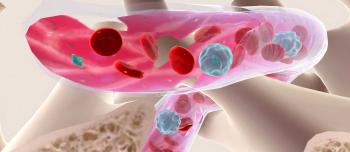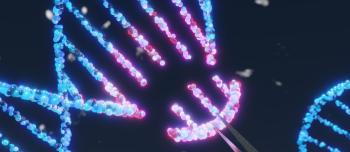uniQure announced that the first patient has been treated in the global Phase III HOPE-B clinical trial for AMT-061, the company’s investigational gene therapy treatment for patients with severe and moderately severe hemophilia B.
AMT-061 consists of adeno-associated virus serotype 5 (AAV5), which has been demonstrated to be safe and well-tolerated, acting as a delivery vector carrying a gene cassette with the Padua variant of factor IX (FIX). According to a uniQure press release, the purpose of the HOPE-B Phase III will be to evaluate the efficacy and safety of AMT-061 in approximately 50 adult patients with either moderate or severe hemophilia B following a single intravenous administration of AMT-061.
Enrolled patients will first be observed for a six-month period, during which time they will continue to adhere to their current therapy. After six months, patients will then receive a single intravenous dose of AMT-061. While trial investigators’ primary goal will be to assess FIX activity 26 weeks after first administration, they will also be measuring annualized bleeding rate, usage of FIX therapy over a 52-week period, plus additional safety/efficacy measures. Patients will ultimately be followed for five years after treatment.
“Our mission in hemophilia B has always been to be first to market with a best-in-class gene therapy,” said Matt Kapusta, chief executive officer. “With the initiation of the dosing phase of our pivotal study for AMT-061 and the data generated to date in our Phase IIb study, we believe that we are on track toward our goal of developing the first gene therapy that provides durable, functionally-curative benefits to nearly all patients with hemophilia B, without the complications associated with capsid-related immune responses or the need for immunosuppression therapy.”
Source: uniQure press release dated February 4, 2019





